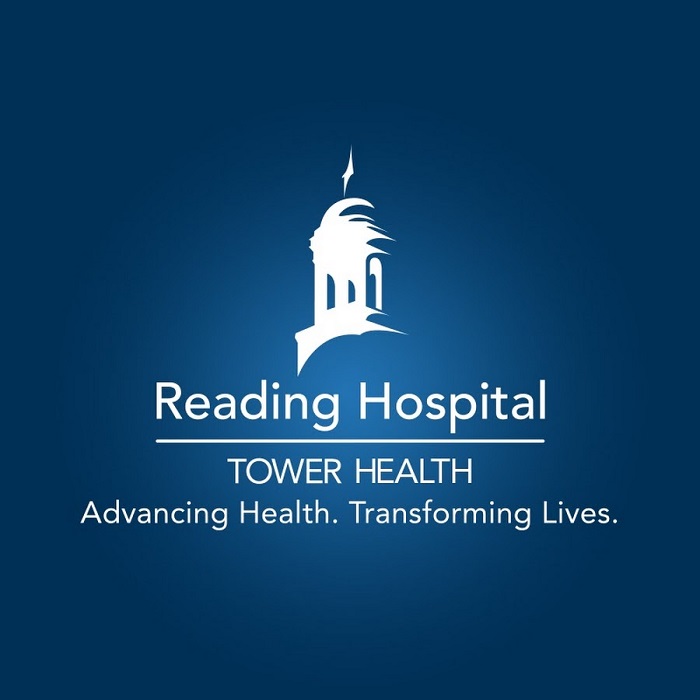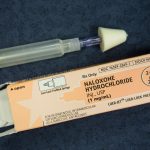West Reading, PA. – Reading Hospital – Tower Health is fortunate to have received doses of the recently approved COVID-19 drug bamlanivimab, a monoclonal antibody to treat individuals diagnosed with COVID-19. The drug, developed by Eli Lilly, was approved by the FDA (Food and Drug Administration) for patients 12 years and older under “emergency use authorization.” This status allows new medications that have passed general safety tests and have preliminarily demonstrated effectiveness to advance to commercial distribution while Phase 3 studies are still ongoing. A limited number of COVID-19 positive outpatients received treatment the week of November 23.
Bamlanivimab should be administered as soon as possible after a positive COVID-19 diagnosis and within 10 days of symptom onset in adults and pediatric patients 12 years of age and older who are at high risk for progressing to a severe case of COIVD-19 or hospitalization.
Risk factors for these patients include:
- Body mass index (BMI) greater than 35
- Chronic kidney disease
- Diabetes
- Immunosuppressive disease
- Currently receiving immunosuppressive treatment
- Older than 65 years of age
- Older than 55 years of age and have:
- Cardiovascular disease, or
- Hypertension, or
- Chronic obstructive pulmonary disease of another chronic respiratory disease
- Are 12 to 17 years of age and have:
- BMI greater than 85thpercentile for their age and gender based on CDC growth charts, or
- Sickle cell disease, or
- Congenital or acquired heart disease, or
- Neurodevelopmental disorders, such as, cerebral palsy, or
- A medical-related technological dependence, such as, tracheostomy, gastrostomy, or positive pressure ventilation (not related to COVID-19), or
- Asthma, reactive airway or other chronic respiratory disease that requires daily medication for control.
The treatment, given as an infusion, will be administered in a recently converted unit on the fourth flood of E-Building on the hospital’s main campus. This area was selected because patients will have access to a dedicated entrance and elevator that will take them directly to the unit, separating them from other patients.
In a phase II double-blind randomized controlled trial of 465 patients with mild to moderate COVID-19 symptoms, hospitalizations of patients who received bamlanivimab were 70 percent lower than for patients who received a placebo.
“The drug is initially being distributed to hospitals based on their COVID-19 census,” said Debra Powell, MD, Chief, Division of Infectious Disease and Medical Director Infection Prevention at Reading Hospital – Tower Health. “We are pleased with the early results of bamlanivimab. We are excited that Reading Hospital will be able to provide this as another option to treat our patients while likely decreasing hospitalizations.”
The treatment is aimed at the COVID-19 “spike protein” (the mushroom-looking projection from the main body of the virus). Just as the antibodies made by an individual’s own immune system, this monoclonal antibody attaches to the virus, thereby both preventing the virus’ attachment to the patient’s cells, and “tagging” the virus for destruction by the patient’s own immune system.




